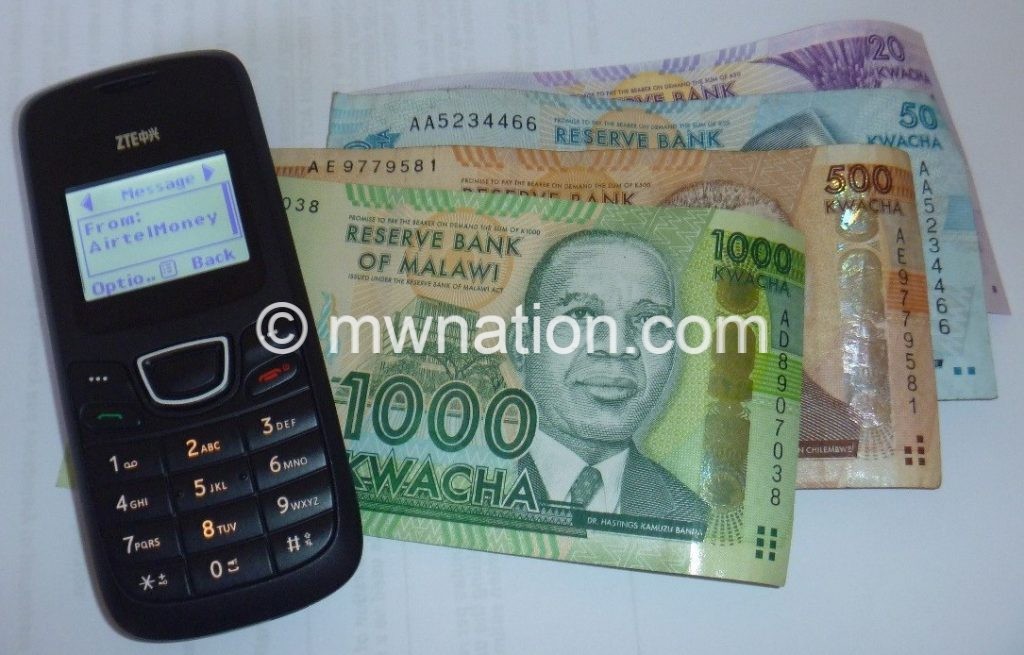‘Mobile money tax limiting demand’
The Global System for Mobile Communications (GSMA) says the country’s mobile money penetration has further room for growth despite its demand being limited by tax.
In its recent publication The Causes and Consequences of Mobile Money Taxation: An Examination of Mobile Money Transaction Taxes in Sub-Saharan Africa, GSMA observes that some of the taxes on mobile money has had a distortionary impact on demand for mobile money services.

This in turn has had negative impacts on overall tax takes, as well as impacting the attainment of national economic and development goals.
“Reads the report in part: “Existing consumer taxes on mobile money services include VAT [16.5 per cent] payable on transaction fees and a withholding tax charged on the interest paid from the trust account [the interest is paid to users of the service].
“Agent commissions are also subject to a 20 percent withholding tax.”
The association observes that although mobile money has played a role in poverty alleviation programmes aimed at decreasing the vulnerability groups by digitising cash transfers and created employment, a small concentration of mobile money in rural areas deprives majority of the population, about 80 percent, who lives in rural areas of financial services.
Reserve Bank of Malawi (RBM) figures show that as of March 2020, the number of registered mobile money agents stood at 56 353 serving 7.2 million mobile money registered customers.
In terms of geographical distribution, 79.5 percent of mobile money agents (or 44 813 agents) are located in urban and semi-urban areas with only 20.5 percent of them (11 540 agents) available in rural areas.
This implies that a relatively small proportion (20.5 percent) of the total number of agents service more than 80 percent of the country’s population.
Consumers Association of Malawi (Cama) executive director John Kapito said on Tuesday there is need to introduce incentives for those willing to operate in the rural areas as most of the clients in rural areas are basically recipients of cash other than senders.
RBM spokesperson Mbane Ngwira said earlier that despite significant strides in mobile money services as evidenced by strong growth in volume and value of these services, there is a host of socio-economic and infrastructural challenges affecting delivery of mobile services in the country, particularly in rural areas. n





